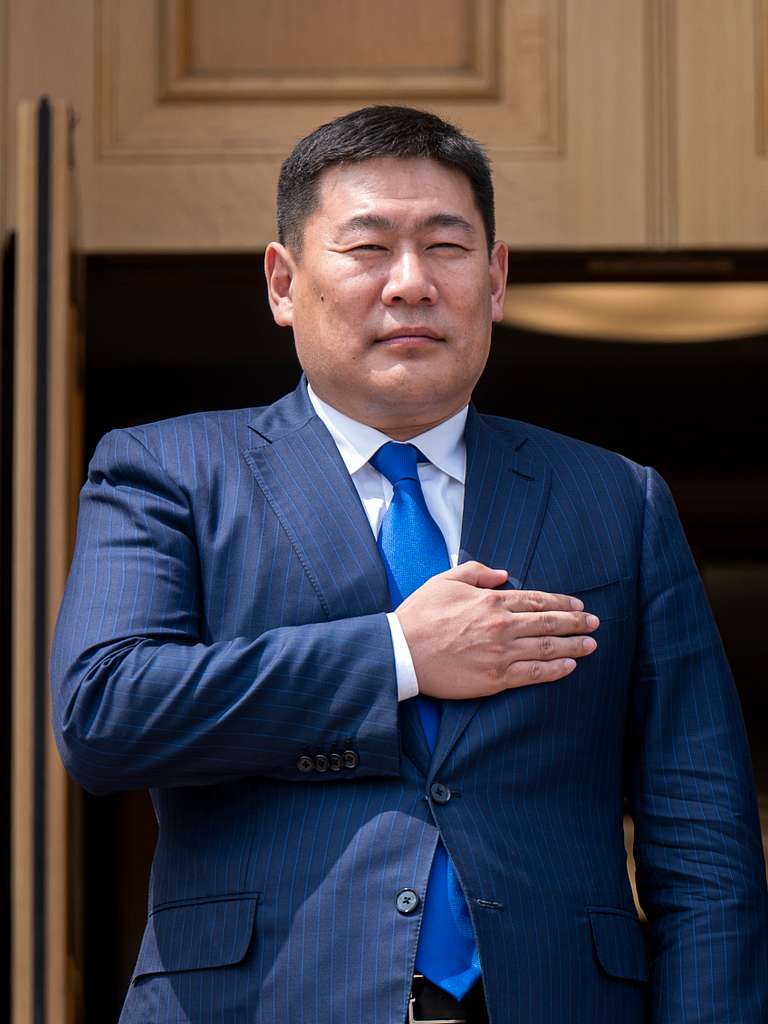Political Crisis in Mongolia
On June 3, 2025, Mongolian Prime Minister Luvsannamsrain Oyun-Erdene resigned after losing a parliamentary vote of confidence. The vote, held in the State Great Khural, saw the prime minister receive only 44 of the 64 votes needed to retain office. This decision followed weeks of public protests in Ulaanbaatar, the capital, demanding his resignation over corruption allegations involving his family.
Protests and Public Outrage
The protests were sparked by social media posts showcasing the lavish lifestyle of Oyun-Erdene’s 23-year-old son, Temuulen, and his fiancée. Images of luxury handbags, a high-end ring, and a Mercedes-Benz led to accusations that the prime minister’s family was benefiting from wealth far exceeding the means of a civil servant. These revelations intensified long-standing concerns over corruption and the concentration of wealth in Mongolia’s resource-rich economy.
A petition demanding Oyun-Erdene’s resignation gathered over 59,000 signatures, and protests, primarily led by young Mongolians, centered on broader issues such as inequality, inflation, and unemployment. Demonstrators called for greater transparency and accountability from the government.
Oyun-Erdene’s Response
In response to the allegations, Oyun-Erdene defended his record, emphasizing his anti-corruption efforts and expressing regret that political instability had arisen. He acknowledged that his focus on large-scale infrastructure and resource development projects, such as mineral processing centers, dams, and power plants, may have overshadowed attention to social and political concerns.
Despite his defense, the mounting public pressure led to the no-confidence vote. Oyun-Erdene accepted the outcome, stating, “It was an honor to serve my country and people in difficult times, including pandemics, wars, and tariffs.”
Political Implications
Oyun-Erdene’s resignation marks a significant moment in Mongolia’s political landscape. His tenure began in January 2021, and he was re-elected in July 2024. He will continue as caretaker prime minister until a successor is appointed, which is expected to occur within 30 days.
The protests and subsequent resignation highlight ongoing challenges in Mongolia’s governance, particularly concerning corruption and the equitable distribution of the nation’s natural resources. As the country navigates this political transition, the focus will likely shift to addressing the underlying issues that led to public dissatisfaction and seeking solutions to restore public trust in the government.











